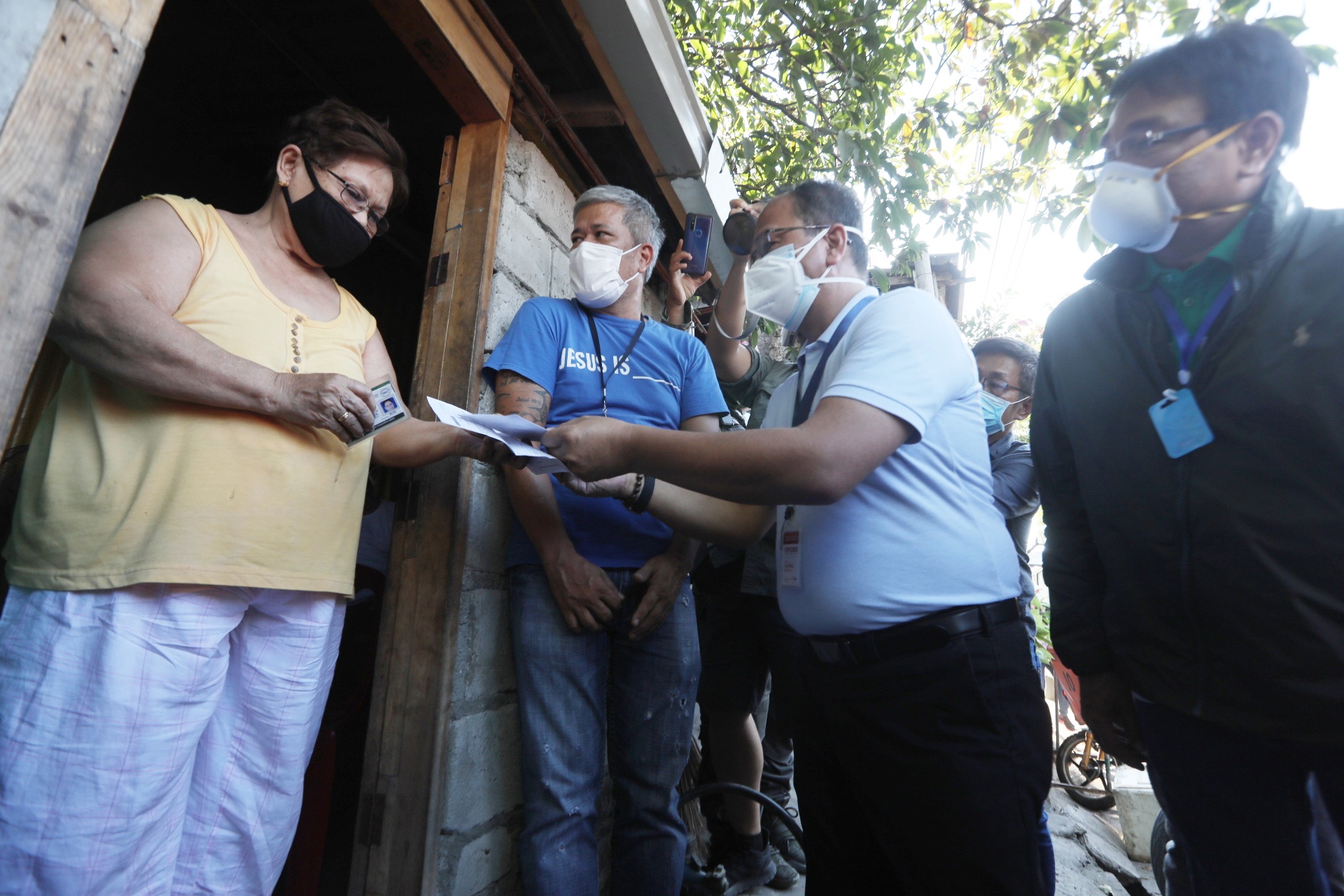
MANILA – The Department of Social Welfare and Development (DSWD) announced on Sunday that more than PHP335 million were already distributed to grantees of the government’s Social Amelioration Program (SAP).
“Over PHP47 billion [of the fund was] transferred to various local government units (LGUs) and more than PHP335 million are distributed to beneficiaries,” DSWD spokesperson Irene Dumlao told the media on Sunday.
Dumlao added that as of Saturday, the agency has served 3,721,833 Pantawid Pamilyang Pilipino Program (4P’s) beneficiaries with subsidies amounting to PHP16,347,295,950.
Drivers of Transport Network Vehicle Services (TNVS) and public utility vehicles in the National Capital Region, who were affected by the suspension of mass transport amid the enhanced community quarantine, also “received more than PHP323 million”.
The DSWD has started releasing the fund in the first week of April.
The cash assistance was released to 4P’s beneficiaries on April 3 through their cash cards.
The beneficiaries of the 4Ps program get PHP3,650 to PHP6,650 per month for two months, depending on the prescribed emergency subsidy per region determined from the particular region’s minimum wage levels.
The emergency cash subsidy will serve as a top-up amount added to their regular cash grants and rice allowance.
Program beneficiaries with Europay, Mastercard, and Visa (EMV) cash cards may withdraw from any Land Bank of the Philippines Automated Teller Machines (LBP-ATMs) or any ATM subject to minimal charges.
Meanwhile, other recipients who qualified as target beneficiaries will receive PHP5,000 to PHP8,000 in emergency cash aid, depending on the minimum wage in their area.
This, as stated in the Republic Act 11469, which granted President Rodrigo Duterte additional special powers where some 18 million low-income families are to receive the emergency subsidy.
DSWD-Field Offices coordinates with local government units (LGUs) for the schedule of distribution of the emergency subsidy to their qualified constituents.
DSWD said it continues to deliver the social amelioration assistance to low-income families or those on subsistence economy or workers in the informal economy, and with members belonging to the vulnerable sector, assessed to be the most affected by the declaration given their existing life situations or circumstances, while adhering to health and safety protocols.